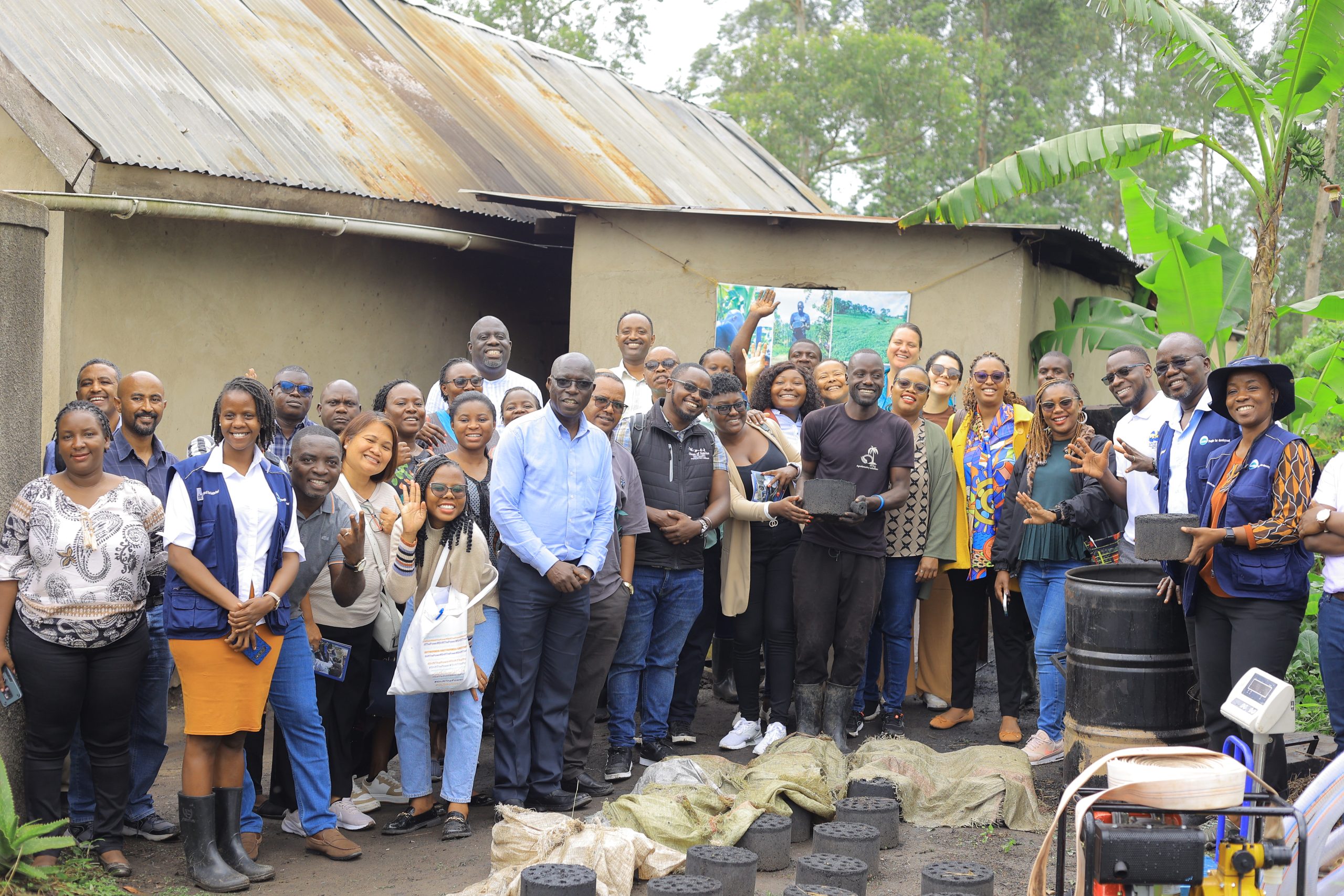
Connecting, Supporting, and Influencing Community Philanthropy in a Context of Shrinking Civic Space
In an era where civic space is shrinking, rethinking our support for community engagement and philanthropy is crucial. Community philanthropy—characterized by local giving, shared decision-making, and resource mobilization—emerges as a powerful response to the decline in civil liberties and public involvement. As Nelson Mandela once said, “What counts in life is not the mere fact that we have lived. It is what difference we have made to the lives of others that will determine the significance of the life we lead.”
Connecting
The first pillar of strengthening community philanthropy is building robust connections among various stakeholders. Enhanced communication channels and platforms can invigorate community actors by facilitating the exchange of ideas and resources. While digital platforms present their own set of challenges, they provide opportunities to transcend geographical and bureaucratic barriers. As Margaret Mead wisely noted, “Never doubt that a small group of thoughtful, committed citizens can change the world; indeed, it’s the only thing that ever has.”
Encouraging partnerships between grassroots organizations, the private sector, and international donors can significantly amplify the impact of community-driven philanthropy. By connecting communities to broader networks, we increase their visibility and access to resources that might otherwise be out of reach.
Supporting
Support is the backbone of any thriving philanthropic ecosystem, particularly in a constrained civic environment. Capacity building is essential—whether through training programs on sustainable practices or providing legal assistance to navigate restrictive policies. As Mahatma Gandhi said, “The best way to find yourself is to lose yourself in the service of others.”
Funders and larger philanthropic institutions need to adopt flexible and adaptive funding models that respond to shifting dynamics. Grassroots organizations, often operating under precarious conditions, benefit greatly from unrestricted or core funding, which provides the stability and autonomy needed to pursue their missions effectively.
Influencing
The influence of community philanthropy is profound and should not be underestimated. Advocacy plays a key role in this process. Engaging policymakers in discussions about the crucial role of community philanthropy in fostering social cohesion and addressing local issues is essential. As John F. Kennedy remarked, “One person can make a difference, and everyone should try.”
Data-driven storytelling and evidence-based research can highlight the significant contributions of community-led initiatives, helping to shape public opinion and influence policy. Additionally, cultivating local leadership acts as a powerful advocacy tool, ensuring that the unique voices within communities are heard and respected in broader discussions about civic space and social justice.
As civic spaces continue to contract, reinforcing community philanthropy becomes increasingly vital. By connecting stakeholders, robustly supporting local initiatives, and leveraging influence, we can ensure that communities continue to thrive and exert agency over their futures. This holistic approach not only addresses the challenges of a shrinking civic environment but also promotes resilience, empowerment, and sustainable development worldwide. As Helen Keller aptly put it, “Alone we can do so little; together we can do so much.”



